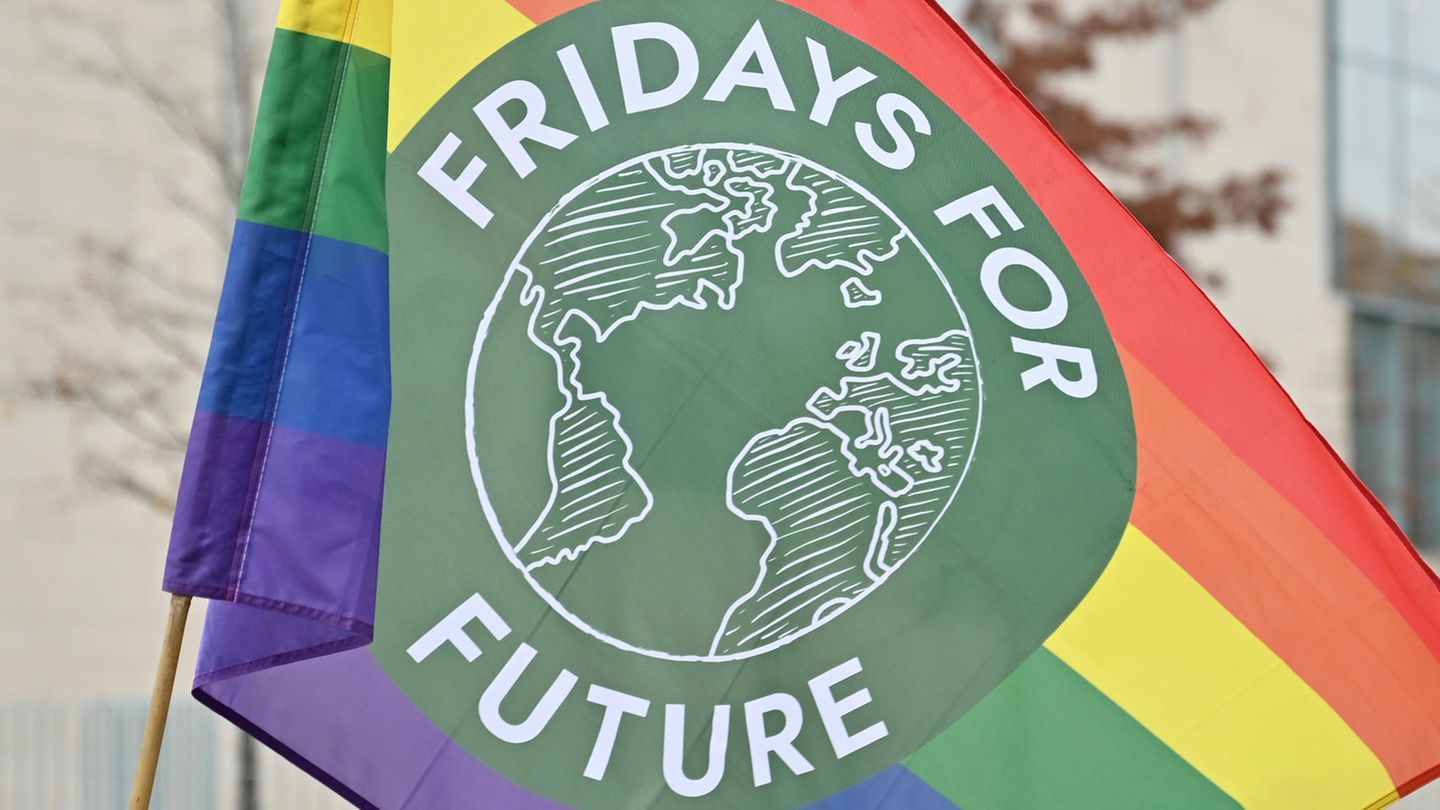Opinion
Three reasons why Fridays for Future would be the better Greens
Copy the current link
The climate movement is back. Fridays for Future wants to get involved in the election campaign. But why not compete yourself? Three reasons for this.
2024 ended with heat records. 2025 begins with historic fires in California. The traffic light government has successfully canceled climate protection in Germany. The issue is almost hushed up during the election campaign. But now Fridays for Future comes into play. The climate-conscious teen troupe is back to shake up the election campaign.
You may laugh at it (I did too at first), but the activists’ new demands are better than the entire climate movement was recently given credit for.
Look at the last generation who, for a year now, have been fighting for their own freedom less on the streets for the climate and more in court. She hardly addressed her demands to the responsible politicians, but rather took out her frustration about the failed climate policy on the actually well-intentioned citizens.
Fridays for Future wants to confront parties and top candidates before the election. That won’t be enough. All parties – yes, including the Greens – have apparently loudly agreed not to give climate protection a voice in the election campaign. FFF wants to force them to make confessions, but the last generation has already tried that (spoiler: they failed.) Even if FFF succeeds: confessions are far from enough (keyword: traffic light coalition). And yet they have a chance. For example, in the middle of the Bundestag.
Why not vote, Fridays for Future?
What we need is a party that is serious about the climate and gets young people involved.
You vaguely remember: forty and four years ago it was the Greens.
Who could it be today?
Maybe Fridays for Future.
So why not run for office directly?
The Greens have shown how a young environmental movement can become a party. But the Greens have aged since then. It took her almost three years to alienate the young electorate that she catapulted into government. Fridays for Future could bring them back.
Reasons for the new Greens
- People under the age of 25 are naturally less likely to vote than older people. However, the climate movement has shown that younger generations can and want to get involved politically: nationwide, no party or movement in the past twenty years has managed to mobilize nearly as many young people as Fridays for Future. The climate group has politicized an entire generation. This was noticeable in the 2021 federal election: unlike in all previous elections – i.e. Thunberg’s supporters. The Greens benefited because they shared the concerns of Fridays for Futures. The Greens themselves didn’t manage to mobilize the U-25s – FFF did. They could build on this success again.
- The 2024 European elections then showed that the Greens could not keep the gift from the climate movement. In the legislature they disappointed the young electorate, so that they now vote conservative and right-wing. The AfD is also the only party in Germany that has understood how to win over this group of voters: by addressing their fear of a lack of prospects. The Greens, on the other hand, have no chance in the election campaign – Fridays for Future might. Their demands are constructively based on the needs of the young generation (economic and social security, career prospects combined with climate protection and sustainability). This also makes it an alternative for all parties that cultivate a policy for old people and forget one thing: young people are rare, but they still exist! And if you want them to support this social system so that boomers can still collect their pensions, then you should take care of them too.
- Even if Fridays for Future does not achieve long-term success, the movement remains true to its core concern. When it comes to climate protection policy, Fridays for Futures would be more credible than all the other parties that have tried, failed, but don’t want to admit it. The activists have long since learned the political language. With a little work, their demands could become a party program.
Civil society pressure is not everything
Clearly, the young activists lack the experience of professional politicians like Olaf Scholz, Robert Habeck and Christian Lindner. But the Greens didn’t have that in the 1980s either.
And civil society pressure is certainly indispensable for political change. But if the last legislative session has taught us one thing, it is that despite massive climate protests, a government under a self-proclaimed climate chancellor can scale back its promised climate policy – regardless of whether they are legally obliged to promote sustainability and how often young people stick to the streets.
So how much longer to wait, Fridays for Future?
Source: Stern
I have been working in the news industry for over 6 years, first as a reporter and now as an editor. I have covered politics extensively, and my work has appeared in major newspapers and online news outlets around the world. In addition to my writing, I also contribute regularly to 24 Hours World.





